Hunting with a waterfowl outfitter can be more than just a pay to play hunt it is an accelerated lesson in waterfowl hunting.
It may be early fall, but already a migration of a different kind is well underway. Guides, outfitters, and intrepid hunters have loaded the trucks, hit the road, and are on their way to Canada and the Dakotas to scout for birds and kick off the 2019-2020 waterfowl season in earnest.
While they are piling them up in Canada, many of us are back in more southern states waiting for our season to open. Though it varies from state to state, the typical length of duck season in the United States is about 60 days. If you only hunt in one region your hunt time window can be tight. Throw in family obligations, work and the general entanglements of life and sometimes the amount of time you can have to hunt is reduced to as few as 15-20 days. Duck season in Tennessee spans about 58 days from November 29, 2019 to January 31, 2020 with a five-day split between December 2nd and 5th [See ref [1] Below], whereas the 2019 duck season in Utah spans 120 consecutive days, from September 21, 2019 to January 18, 2020. [See ref [2] Below]
If you’re willing to expand outside of your immediate area, there are great opportunities to both lengthen and push your hunting season forward by hitting the road. Leveraging the capabilities of great applications like On X Maps can help you find, map, and scout potential areas to hunt. I have personally used it to find spots, access points and get a lead on who I might need to contact to see about getting access to land.
Irrespective of your desire to scout and willingness to travel, the constraint of time may still present an obstacle. One of the best ways to get on birds in different states, regions of the country, or in another country altogether is by hiring the services of a guide or outfitter.
There are many advantages to hooking up with a guide or outfitter. Here are just a few.
Maximize your time in a new place.
Time is the scarcest resource of all. After your work and personal obligations, you may only have five days off a year where, during the week, you could travel to hunt. If you are wanting to hunt in a new area and experience all that area can offer, smart money is on going with an outfitter. These folks are pros and they spend countless hours patterning and putting in the windshield time to find birds like it’s their job . . . ’cause it is. Just looking at it from a strictly numbers perspective, the odds of you being able to find birds on land that you can actually get access to and within your time constraints is small.
Convenience.
A departure from the grind of the day-to-day waterfowler’s experience, hunting with a guide can massively reduce the headaches and stressors involved with traveling to hunt. If you’re driving, you could be in for 6-15 hour drives. Or longer. Then there’s loading, hauling and unloading decoys, blinds and other random gear. Then you are up half the night worrying about your truck getting broken into while you’re between scratchy sheets at the $29.99-A-Night motel you managed to find. But hey, at least they have the free “hot breakfast” that consists of a microwaved pancake, some imitation eggs, and a bottle of OJ that is a disturbingly bright hue of orange.
Don’t get me wrong; those trips are awesome. They are memorable and are a great way to spend time with friends. You need to go on a few of those trips. If you don’t have the time, the hassles aren’t necessarily worth it. And if you’re flying? The fees associated with checking your firearm, buying an FAA-approved case that will protect it in travel, and the dread that it could be damaged, lost or stolen can detract from the enjoyment of getting there.
Save yourself the trouble. Find a reputable guide, leave your decoys, your gun, and your bed bug detection kit at home. If they have a lodge or base camp, you’re likely to spend your evenings having a drink by the fire and making new friendships. You’re certain to be well fed at HQ and you’ll probably get a mid-hunt warm up snack (if you haven’t already limited out). Most outfitters have the option to rent a gun from them and, if you don’t already own a case that is FAA-Approved for travel on airlines, it is probably cheaper than checking your gun coming and going and having to buy a brand-new case that will actually protect your gun.
Increased Likelihood of Getting on Waterfowl
Nothing is assured in the world of waterfowl. It is important to realize that hunting with a guide is not a guarantee of huge numbers of birds (or any birds at all). Waterfowl are not penned birds. These are migratory birds. Truly, they can be there one day and gone the next.
Opportunity to Learn.
If nothing else, hunting with an outfitter is an excellent opportunity to expand your base of knowledge. To put some things in perspective (just back of the napkin calculations here), even if you have hunted 20-30 days for the last 10 seasons, some of these guides are out morning and afternoon from about September to January and if they guide conservation hunts are pushing out into March. We are talking 150 plus hunts a season — 5:1 in comparison to the average hunter. That’s dog years. If you end up going with a guide, watch what they do and when they do it.
Don’t ask them for the “secret sauce” or drop pins on spots but do pay attention. Watch how they set up their decoys, how they work the dog, when they hit the call, and when they leave the calls in their pockets. Take note of their patience and how they let the birds work in and don’t smack them the second they break the timberline or get within missile range. Pay attention to your surroundings. Take the opportunity to learn.
I caught up with Jed Lamb of Southern Prairie Outfitters to talk about things to think about when choosing a guide and how to be a good client while on the hunt. From the perspective of a guide, here’s our conversation highlighting a few of the “do’s and don’ts” he mentioned that might direct you:
Website: https://southernprairieoutfitters.com/]
Instagram: @jedlambhunting
Rob: How do I know the outfitter is reputable? What are some ways I can kick tires without coming off like I don’t trust them?
Jed: Doing your homework. Social media is a great way to get a background and the feel of the outfitter. Also if the outfitter you are looking into is charging $150 a day for a hunt with meals and lodging, that would be a red flag to me. Hunting with an outfitter is like anything else . . . you get what ya pay for
Rob: I know some people might have a way that they like to do it, but how should someone think about tipping? Is there a framework that should be followed? I’m imagining that guys might ask themselves whether someone should tip differently depending on whether he had to carry decoys or if the guides did (or didn’t) cook breakfast or if it was a show-up-and-shoot sort of deal. Or if they got skunked — do I still tip? Is there a number?
Jed: Tipping, I feel, should be based upon how hard your guide worked to get you on birds. A lot of guys forget about all the work the guide put into the hunt before the customers ever showed up. There is so much work that goes into a hunt that most guys never even think about. You should never tip based on how many birds were shot at the end of the day. We are hunting a migratory bird and the guide cannot control that.
Rob: What’s the fastest way to frustrate or piss off a guide? I’m thinking of comments like, “Man, I wish I could just do this . . . not have to work . . . chase ducks.” The sentiment might sound harmless, but I feel like it ends up sounding like you don’t appreciate and realize all the work that went into finding the birds and getting everything set up. That you think that the guide just shows up and there are ducks just falling from heaven for y’all to shoot.
Jed: Never doubt the guide. He hunts every day and knows the area and the way the birds travel, etc. Never question decoy placement. Refrain from making rude comments to the guide, like “You should have called that shot!” or “Are you gonna call at those birds?” Remember: we hunt everyday. It’s our job. We don’t come to your job and tell you how to do it. Main thing? DON’T GUIDE THE GUIDE.
Rob: From a guide’s perspective – what does it look like to be a good client/guest?
Jed: A good client is someone who has a great attitude and someone who can have a good time even if the hunting is slow. Remember: hunting isn’t always about killing. Go on a guided hunt with an open mind and enjoy it. Leave your dog and your calls at home and just enjoy being out there with your friends and family.
So get out there and find new places to hunt. Find a guide who is reputable. Do your research and see if you can find anyone else out there on the internet who has been with them and ask them what their impression was.
By now, many guides are already booked up for the season. If you find a guide or outfitter that you like, follow them on Instagram. You may get lucky and be able to get a discounted cancellation hunt where someone who had signed up and already paid their deposit backed out for whatever reason. I’ve seen guides post cancellation hunts on Instagram. My brother was quick enough to jump on one and made the trek to Alberta to pay Jed and Paul Shirley and the rest of gang with Southern Prairie Outfitters a visit. He was kind enough to keep me updated with a steady stream of pictures of limits.
If you aren’t lucky (or quick enough on the draw) be sure to scope out a guide or outfitter and follow along with them on social media and get a sense of what they are all about. In the spring or early summer, reach out to them and see about getting a trip booked. It is worth ever penny.
References:
[1] Tennessee Duck Season Source
[2] Utah Duck Season Source
https://wildlife.utah.gov/guidebooks/2019-20_waterfowl.pdf
Last modified: May 22, 2020


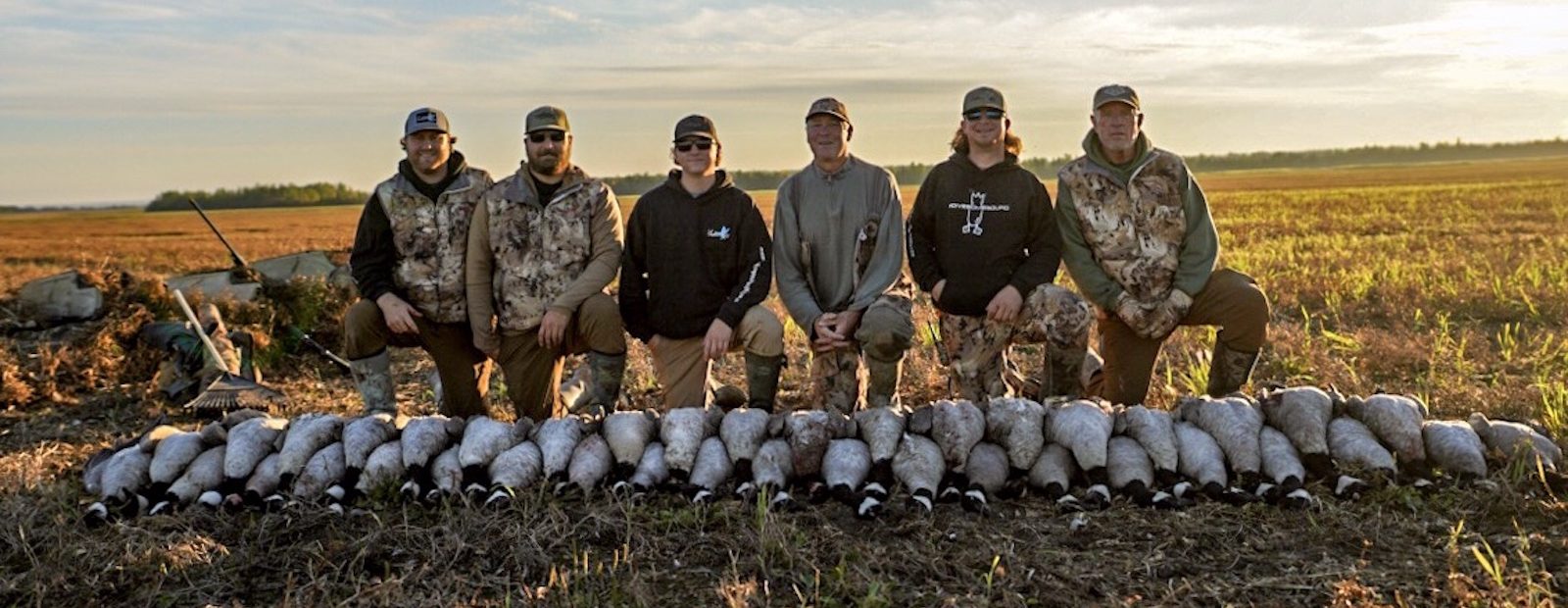

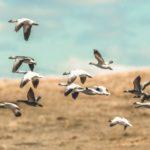
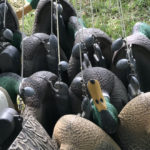
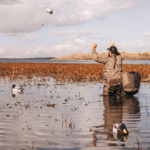
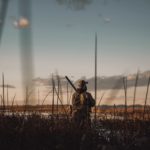
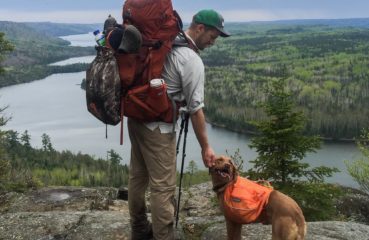
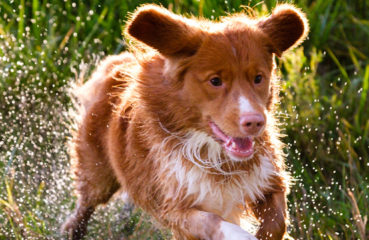
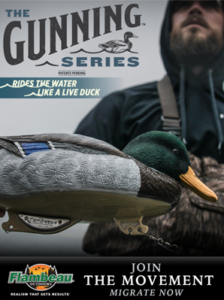
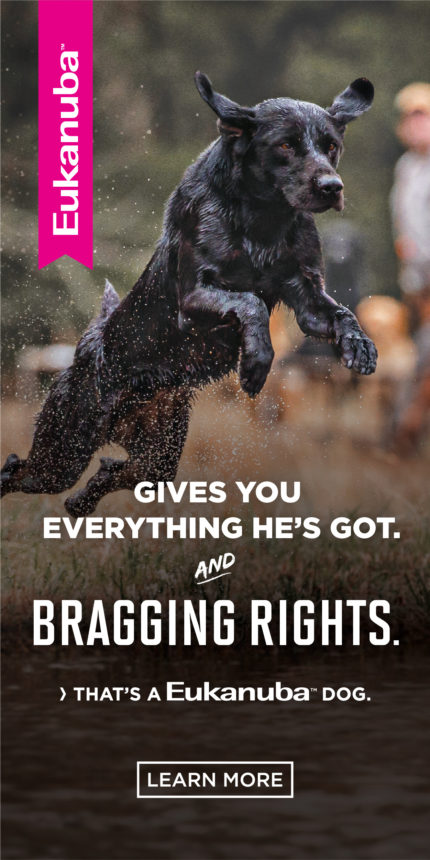
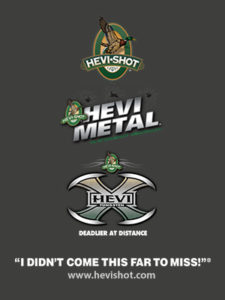
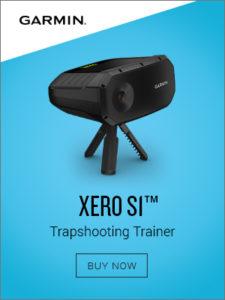
0 Responses to :
The Reasons to Consider Hunting with a Waterfowl Outfitter